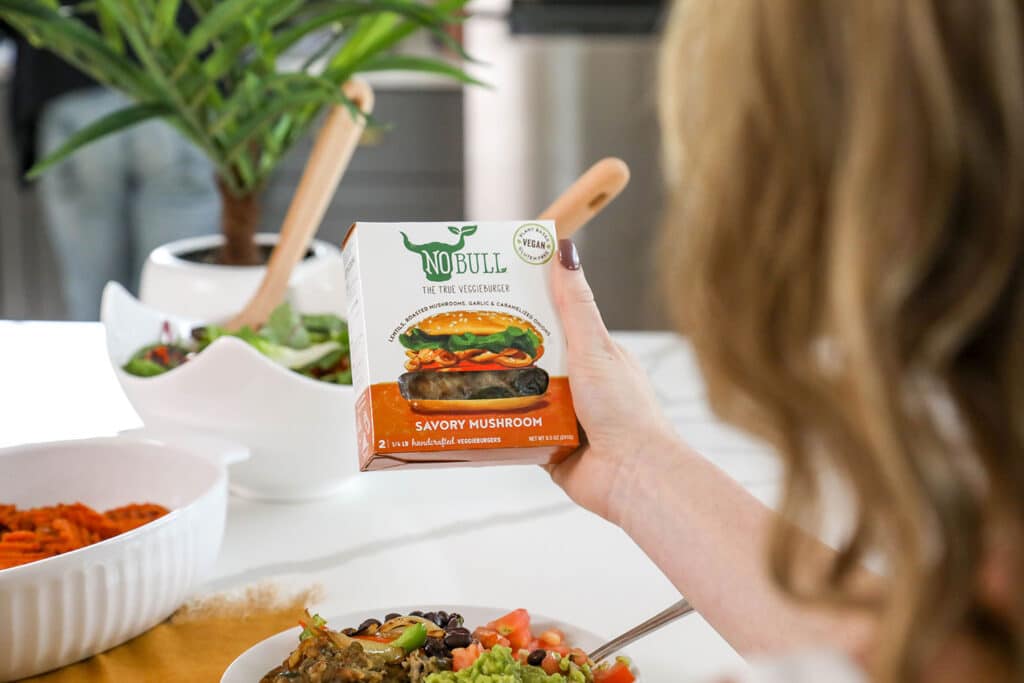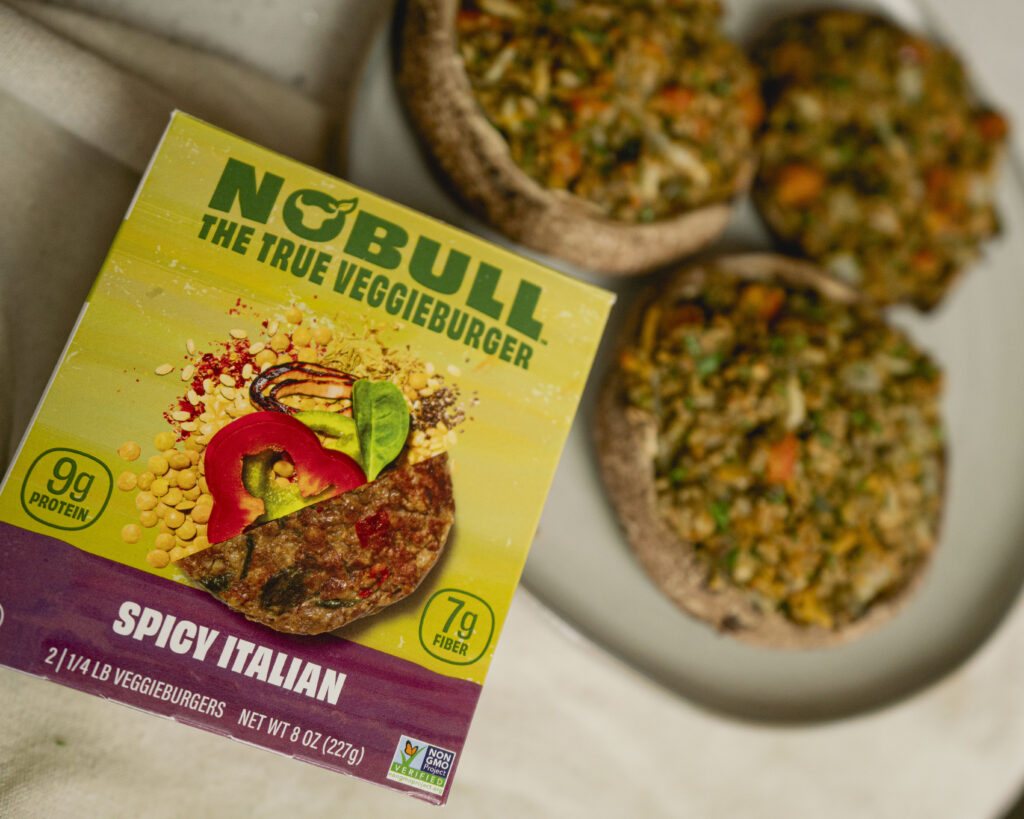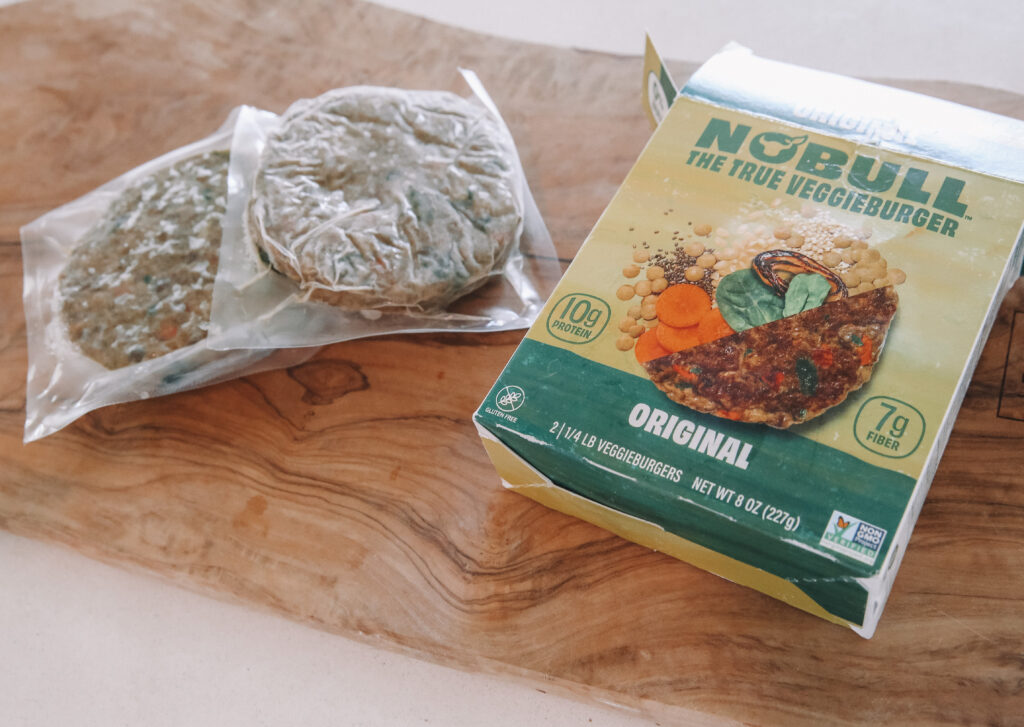If you’re vegetarian, vegan, flexitarian, or just someone that is trying to eat less meat and be more healthy, you’ve likely been asked– “have you tried the top imitation burger yet?” or at least seen it on the menu at your local burger joint or fast food chain.
You might not know that these substitute meat alternatives aren’t all they’re cracked up to be. Although fake meat has wowed those outside the vegetarian community, inspiring cries of “that looks just like meat!” there’s concern that these imitation meats have some health shortcomings.
A study in the Journal of the Academy of Nutrition and Dietetics has shown just that…
The Real Deal on Fake Meat
A study by Dr. Lisa Harnack at the Nutrition Coordinating Center Food and Nutrient Database at the University of Minnesota investigated the ingredients in some of the most popular meat-based alternatives available in the US. Her research team found both expected and some surprising outcomes.
Study details
Let’s start with the study’s good (and maybe not surprising) things.
They analyzed 36 fake ground beef products and compared them to traditional real beef; they had:
- More vitamins
- More minerals
- Higher fiber
- Less protein
- Less zinc
- Less vitamin B12
That’s not surprising since the fake meats contain more plants and ingredients than real beef.
However, researchers found that the fake meat alternatives had an 18% to 25% recommended percent Daily Value of sodium in a single 3-oz serving– much higher than regular meat.
And if you read the nutrition label of the major fake meat products, you’ll see a laundry list of ingredients ranging from preservatives to fillers and chemicals that haven’t been studied.
 Outcomes and Effects
Outcomes and Effects
Despite having some better nutrition factors than real meat, fake meat isn’t the healthiest alternative to a burger.
They are highly processed, made from unsustainable sources, and chock full of preservatives, fillers, and chemicals with unknown adverse health effects. Not to mention the high salt content – which can negatively impact your blood pressure and heart health.
So, we ask, why eat imitation meat at all? Especially if you have better options full of beneficial vitamins and minerals and made from sustainable plant-based, whole foods.
With NoBull Burger, you get all the nutritional benefits of a meat alternative but none of the fillers, preservatives, and unstudied chemicals. Instead, our tasty veggieburgers have only natural ingredients which are grown in the ground– not in a lab.
Conclusion
Burgers that mimic the appearance of real beef are not the healthiest for you. Even though they have more vitamins and minerals than beef burgers, they have a lot of chemicals, preservatives, and sodium. We recommend choosing whole food and natural substitutions for burgers. Pick up a NoBull Burger from your local grocery and give them a try today.






